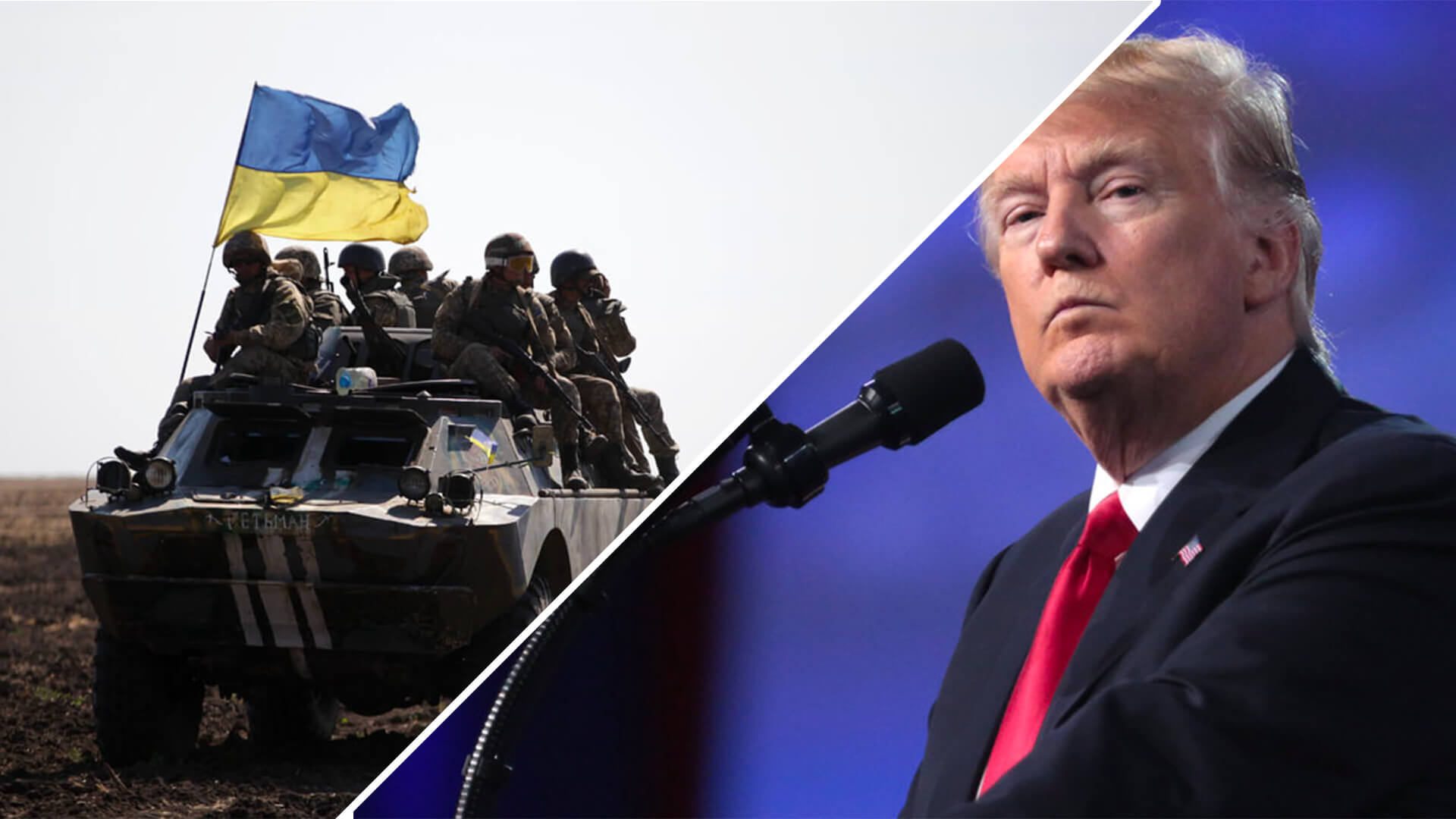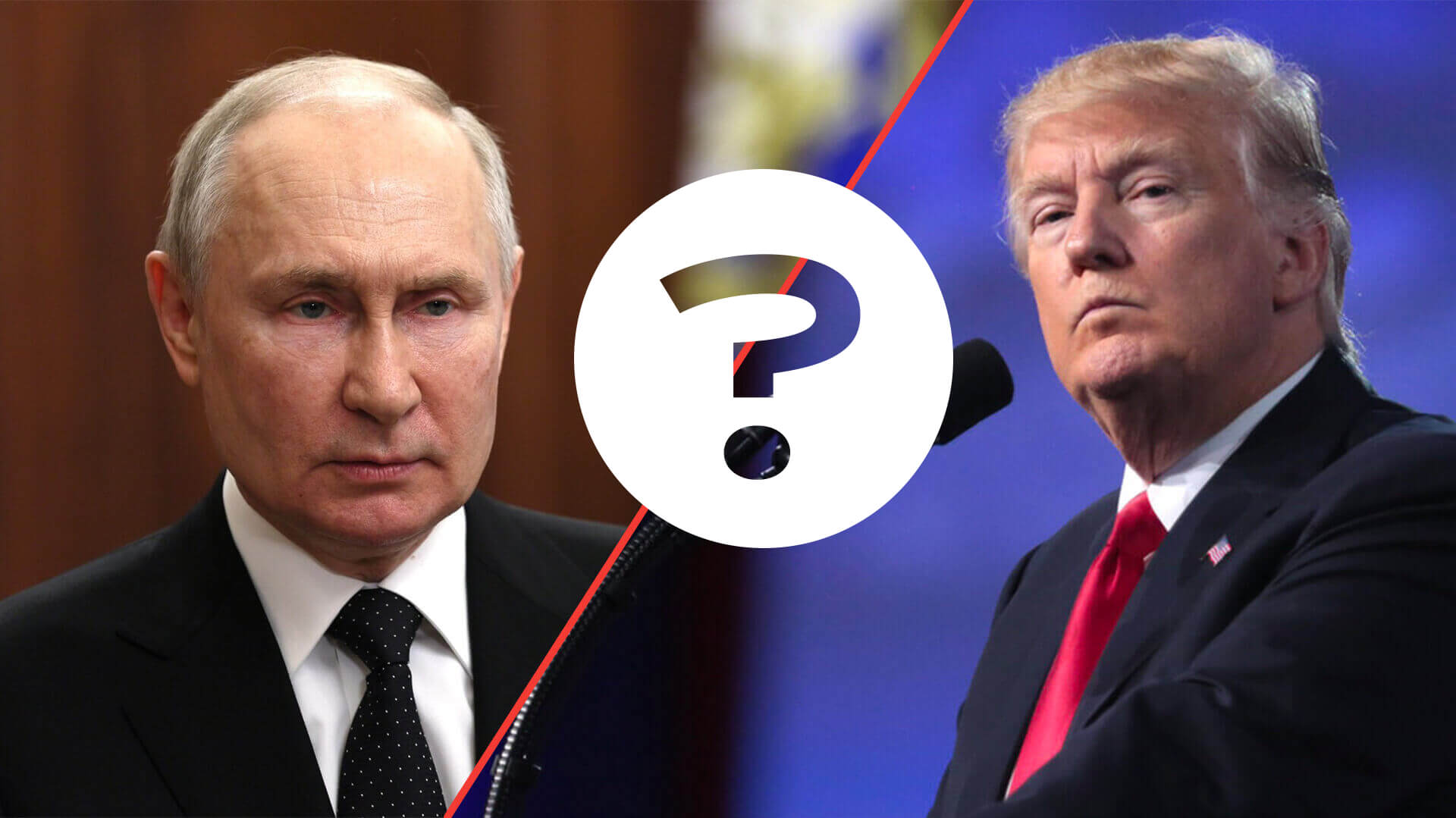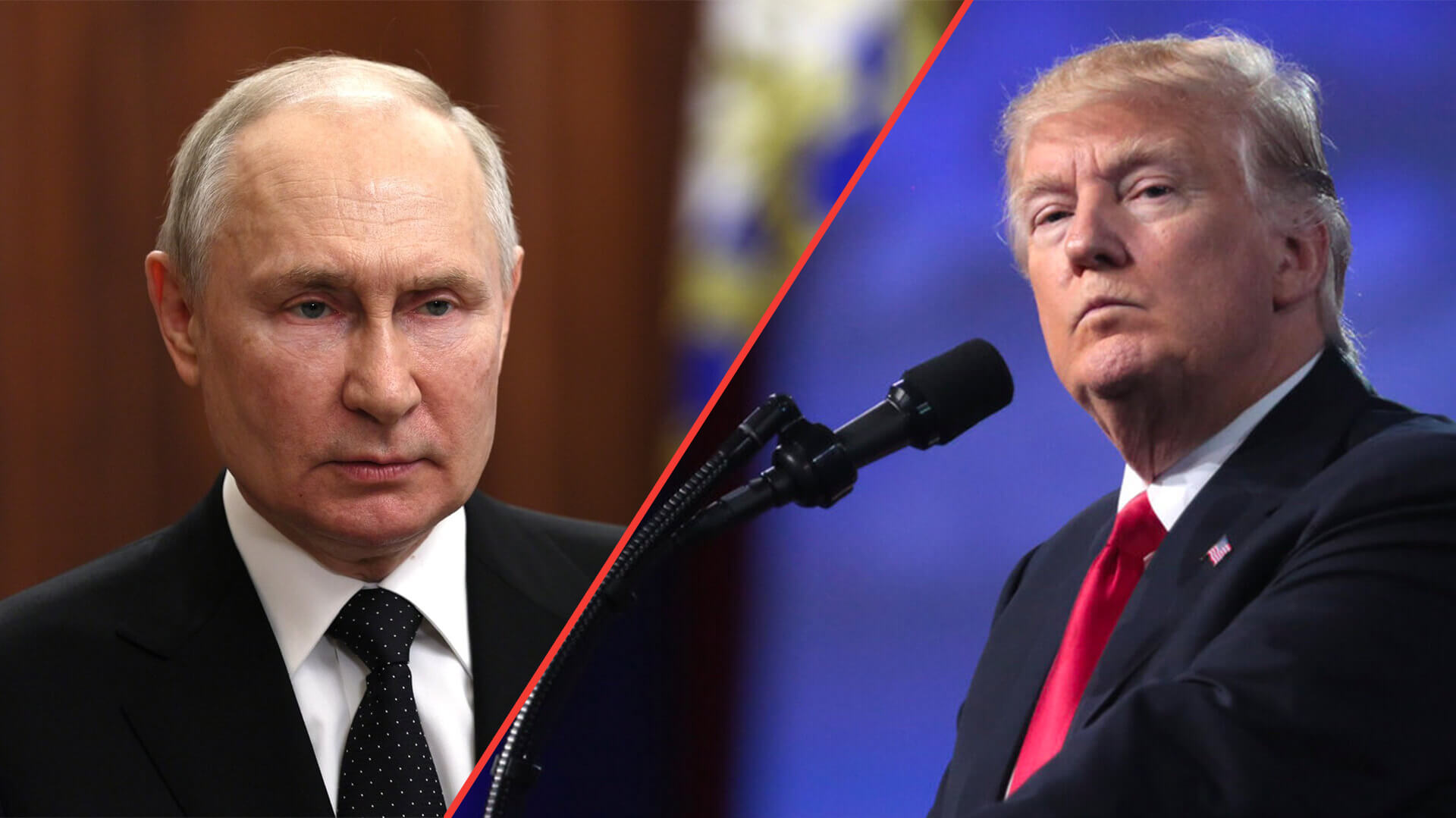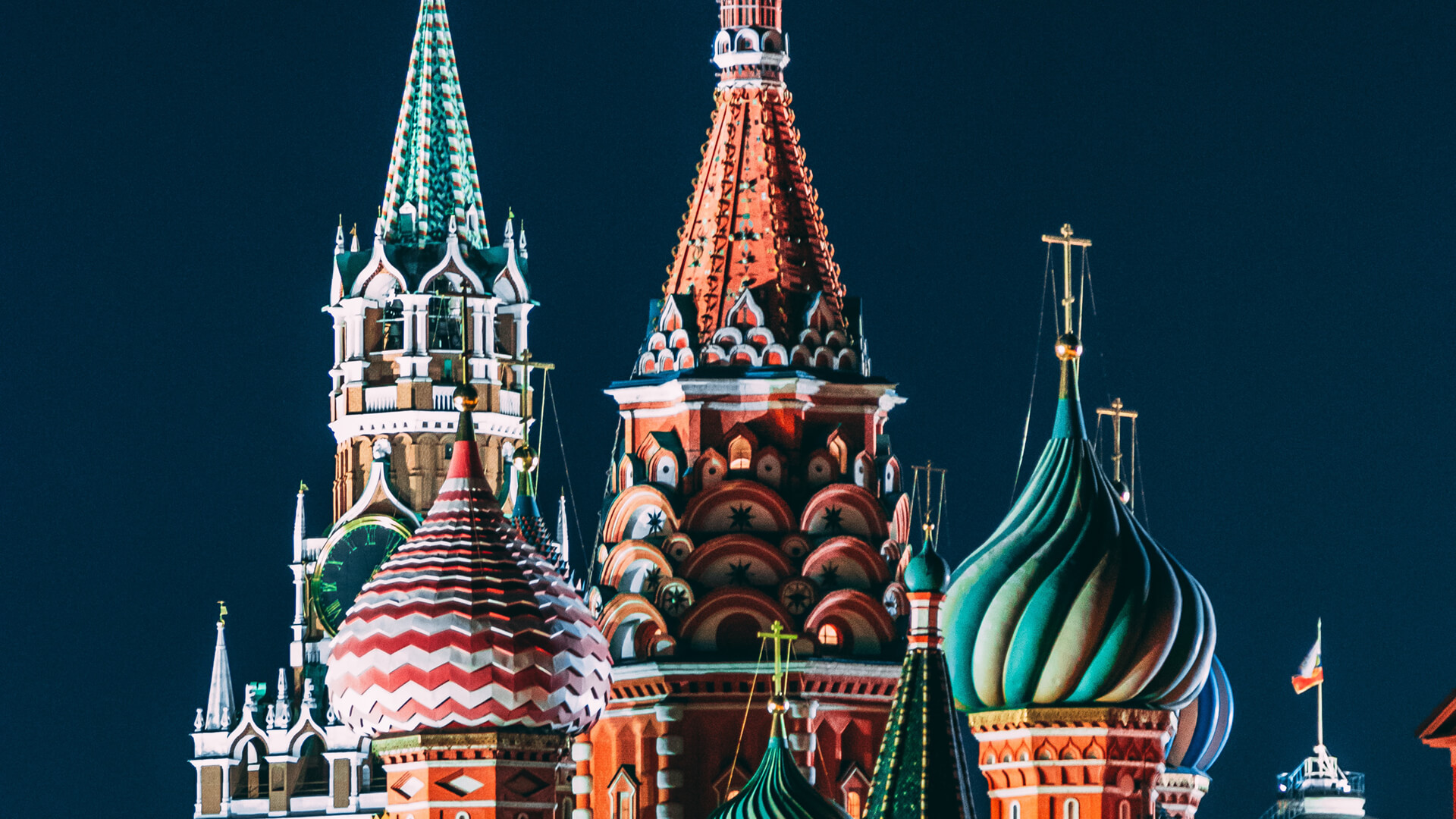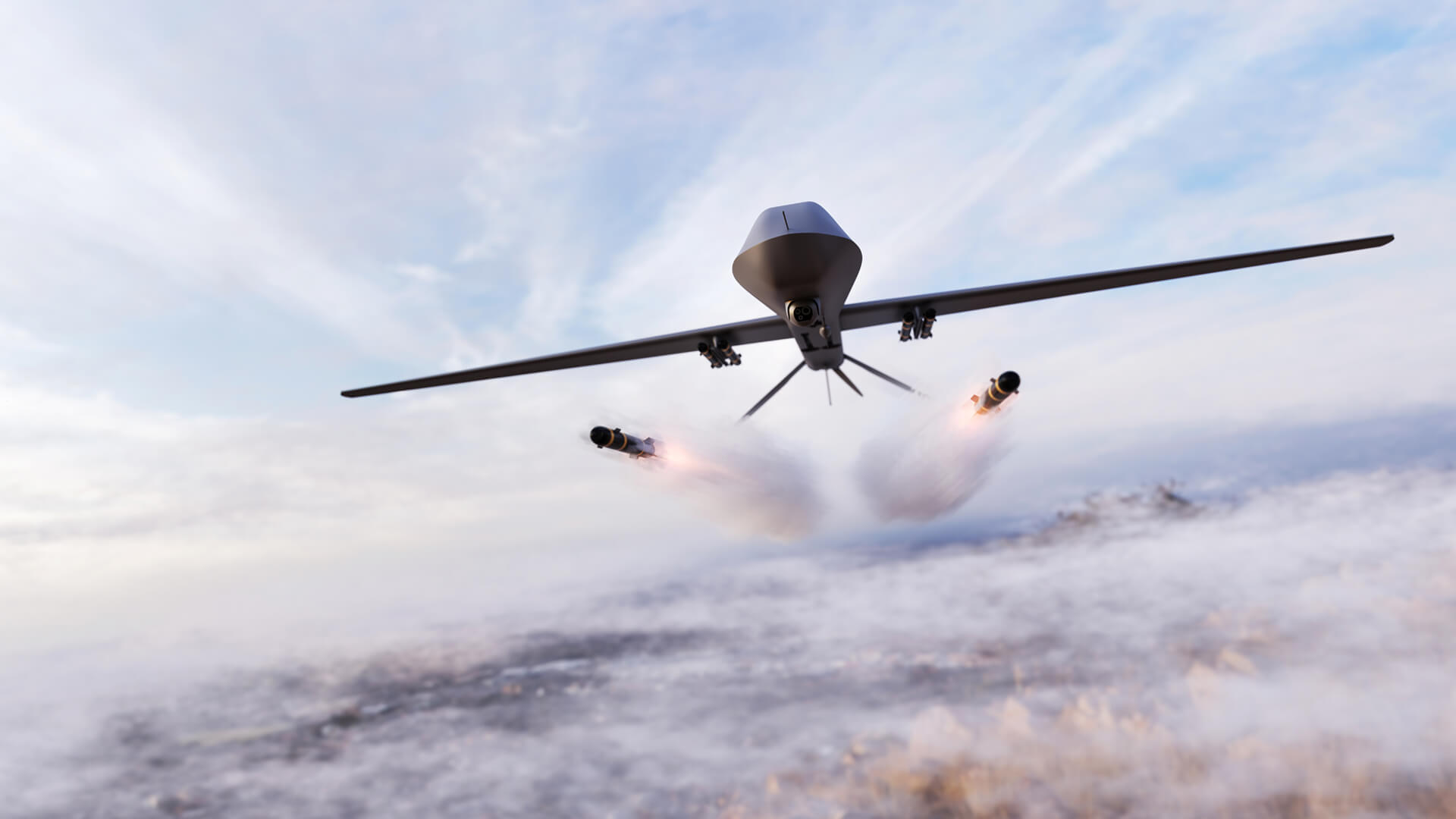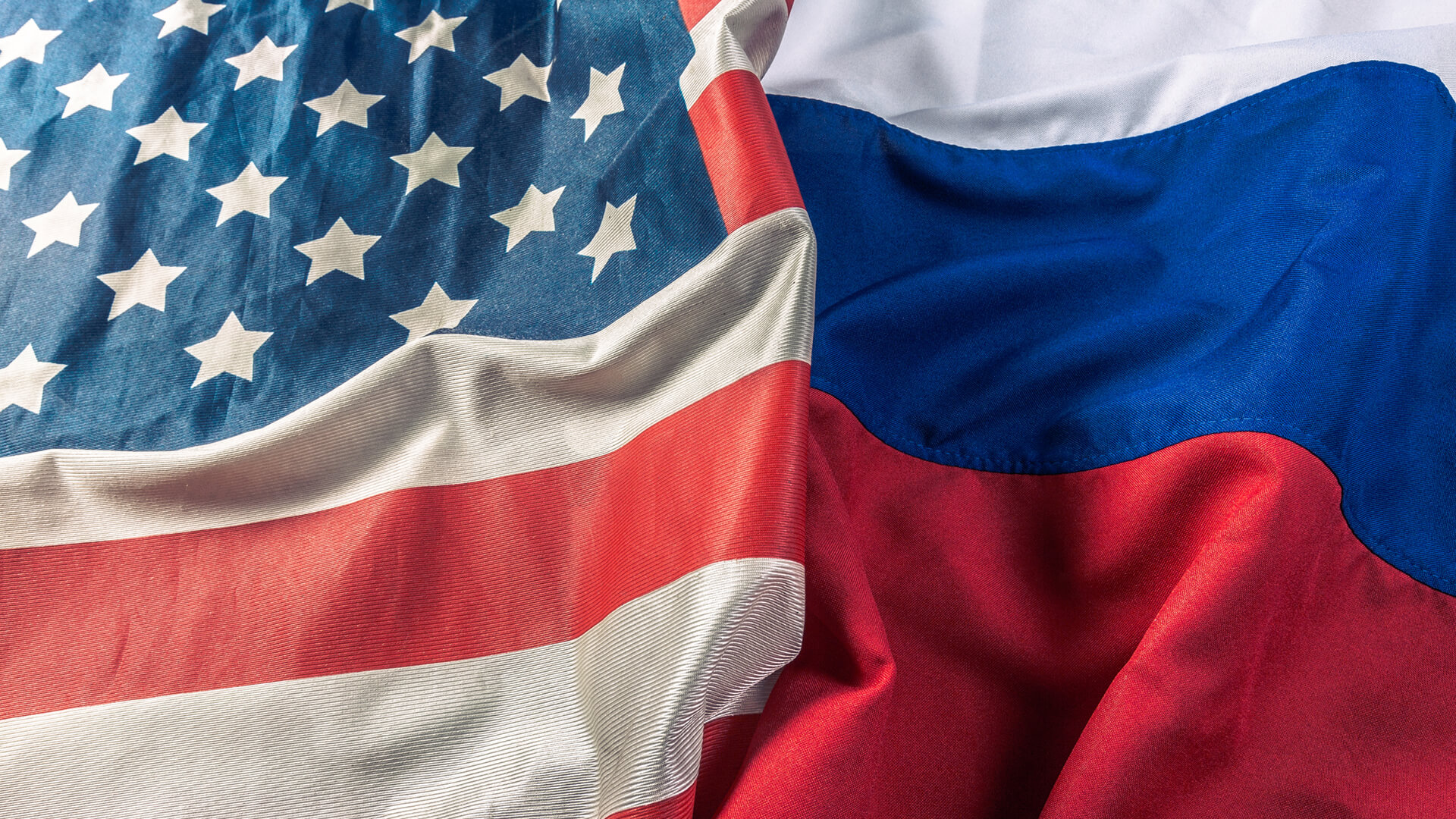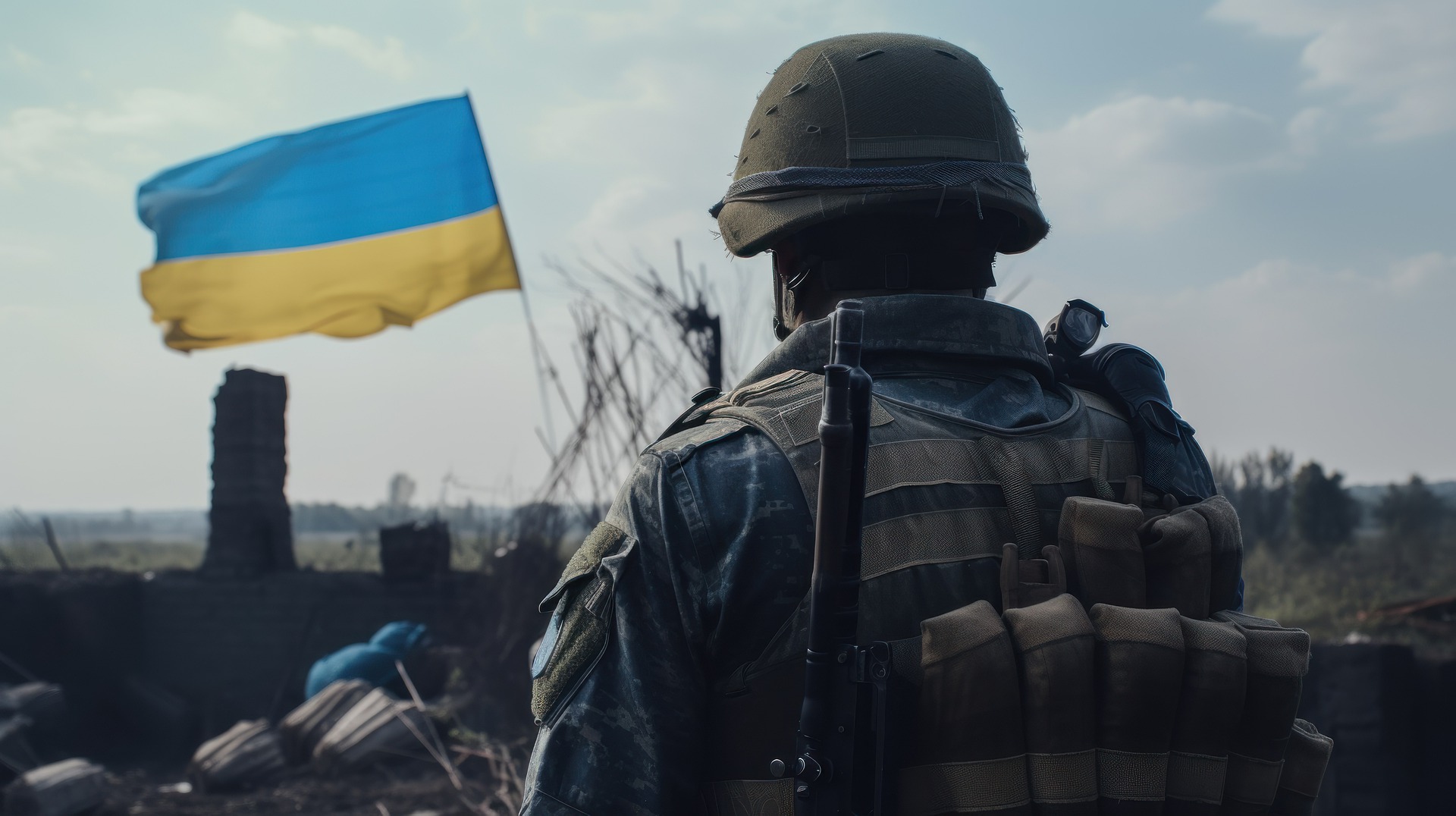Putin and Trump are planning to meet in Alaska in the coming days. Trump’s plan is to emphasize Russia’s losses in Ukraine (economically, strategically, and militarily), in hopes that Putin will pull back from the war in Ukraine.
Unfortunately, Putin doesn’t view the Ukraine War through the same lens as Trump. Putin knows Russia is facing terminal collapse, and Ukraine is just the first step in securing a future for the Russians. If Trump points out all the losses, along with stating that the US will be aligning closer with Western Europe, I wouldn’t be surprised if Putin responds with an even harsher war effort.
Transcript
Hey, all. Peter Zeihan here coming to you from Colorado. Yeah. Humid. Cloudy with. Anyway, today we are going to talk about the upcoming summit between the Russian President Vladimir Putin and the American president, Donald J. Trump. We’ve had a lot of evolution in the American White House through the Ukraine war. And now we see the Americans starting to come around to what I could best call to be the the Western European opinion of things.
Everyone has their own view on how the war is going, why it’s going the where it the way it is. I’ve recently recorded a video. We’ll send some links out here for how this looks from the Russian point of view, and what people who are new to the topic should think about when they’re evaluating. Short version is the Russians see this war as part of an existential fight for survival.
They know their borders over the long run are completely indefensible. They know their demographics are collapsing, and they know that if they don’t change the rules of their neighborhood now, they’re going to lose all hope of doing that in the future. So for them, it’s almost impossible to contemplate stopping the war, because that means paying all of the costs of a conflict without getting any of the benefits.
And that is signing up Russia for midterm national dissolution. That’s something you try to avoid. What the Trump administration’s talking point seem to be, forming up or to try to convince the Russians to look at all of this from an economic and a structural point of view. So the the argument goes like this. Mr. Putin, here’s your problem.
You’re not winning this war. You’re grabbing territory not by miles, but by inches. You’ve already lost at least a half a million men, some people say it’s closer to a million. And that’s before you consider the economic damage from sanctions or the economic transformation of going to a war economy. This has just been a huge cost. You’re not doing well.
You’re not going to win. And from a strategic point of view, you’ve actually made your situation worse. If you look at the period from 1989 until 2022, when the war started, the Europeans were basically disarming, with a number of countries spending not just less than 2% of GDP on defense, but in many cases functionally less than 1%.
You basically the entire continent was allowing itself to hollow itself, out strategically. Now, things have changed by launching this major war, by engaging in all of these atrocities, by bombing everything that you can. You have motivated the Europeans not simply to rearm, but to rearm to a level that could potentially exceed what they did in the Cold War.
And Russia is many things, but it no matter what it is, it’s weaker than the Soviet Union was. In addition, while the Europeans may disrespect look down on loathe Donald Trump, they are now, from a strategic point of view, tighter to the United States than they’ve ever been. With bigger defense budgets. So you’re getting autonomous European decision making in defense, which is a nightmare for Russia.
At the same time, the United States is threatening to re-up its military support for Ukraine directly. There’s no part of this where you appear to come out a winner. So let’s find a middle ground where you can back off and save some face and not just completely wreck your system. There’s nothing wrong with that line of approach.
It is perfectly reasonable. It’s broadly accurate. But that’s not how the Russians see it. The Russians see this as an issue of demographics and borders. They know that they cannot defend the borders that they have with the men that they have. But they know if they expand by roughly 1,000,000mi², then instead of having wide open borders on the Ukrainian steppe, they actually reach things like the Carpathian.
The Baltic Sea and their external lands shrink to something that they could manage. Right now they’ve got roughly 3 to 5000 miles, based on very where you draw the lines of open terrain. But if they expand to absorb Ukraine and a handful of other countries, all of a sudden they can concentrate their forces between geographic barriers and their external barriers shrink down to 500 miles.
So the economic argument doesn’t make sense to the Russians because they’re looking at economics from a different point of view. In addition, the general idea that the West is starting to pull together more and even under the leadership of Trump, if anything confirms the Russians worst fears, dealing piecemeal with the Western countries, making sure that the Germans don’t support militarization, making sure the French are at Arms Lake, making sure that there’s a breach between the United States and the Europeans.
These have all been the goals of the Kremlin. Going back to initial communist days in the 1920s and 1930s, and to have the American president say that this is basically what we’re looking at now. This confirms every concern that the Russians have ever had about the strategic nature of the western borders. And so if this is the Trump administration’s approach, basically the Western European approach, talking about numbers, this is something that isn’t simply going to fall on deaf ears.
This is going to something that is going to ring every alarm bell that exists in the Russian system and do so very, very loudly and guarantee that the Russians are going to take a much harsher approach to the war in the future.
A couple things from this. Number one, it’s interesting watching the Trump administration learn things that administrations in the United States have known for decades.
The Trump administration basically fired anyone with any historical knowledge how negotiations with the Russians really work, and now they’re learning it bit by bit from the ground up, and seeing what is basically the French German position on the war now coming out of the white House is kind of colorful from my point of view. It’s better than it was, because if you go back just three months ago, the, the Trump administration’s position was basically the Russian position.
So this is this is much improved. But that doesn’t mean that it’s any more realistic when it comes to evaluating what motivates the Russians. We’ll see what the next step will be. That brings us to number two, the next step. We know that Putin is going to flat out reject everything that Trump says if this is the approach.
So the question is then what does Donald Trump do next? Because there are other views of what is actually going on here beyond France and Germany, for example, if you go with the Swedish view or the Polish view or the Romanian view, it’s an understanding that the Russians, this is who they are, this is how they see the world.
And the only way you can stop that is forcefully, and proactively. And that means a much more American military involvement than we have seen under, say, the Biden administration. Is that the next step for Trump? I have no idea. He hasn’t figured that out yet, but he’s going to be presented with either a flat refusal or another bald faced lie from Putin at the Alaska summit.
And then he will have to decide what his next step is. In the meantime, the military picture in Ukraine is evolving fairly substantially, but we’ll deal with that next time.


